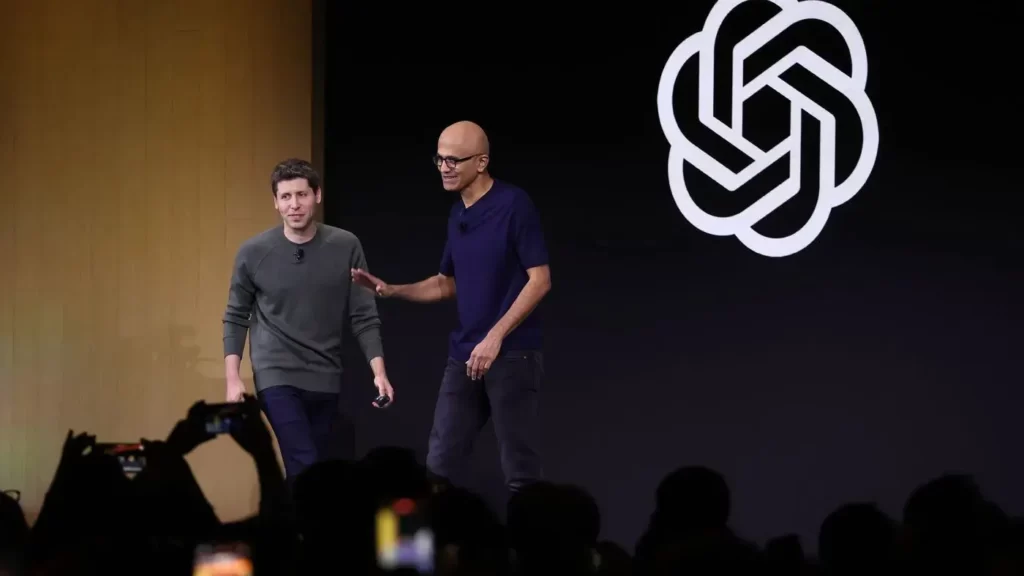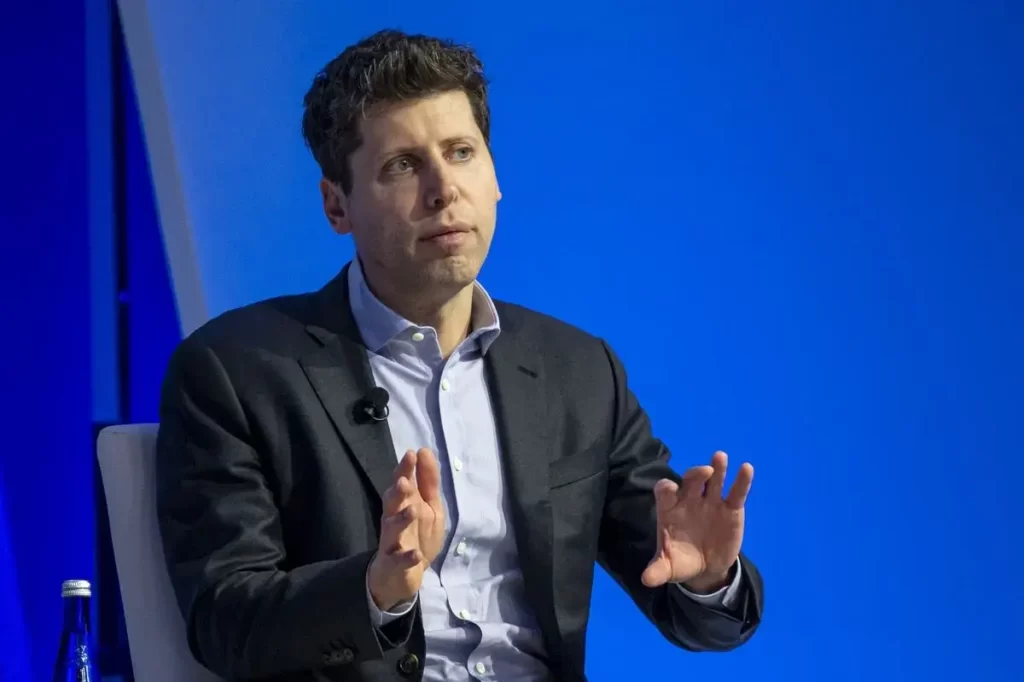Microsoft Enlists Former OpenAI CEO Sam Altman to Lead New Advanced AI Research Team
Microsoft has made a significant move in the field of artificial intelligence (AI) by hiring former OpenAI CEO Sam Altman and co-founder Greg Brockman to lead a newly established advanced AI research team. This development was announced by Microsoft CEO Satya Nadella, and it follows the recent appointment of Emmett Shear as CEO by OpenAI’s board, a decision that went against the wishes of some investors who sought the reinstatement of Sam Altman, a co-founder of OpenAI since its establishment in 2015. Satya Nadella expressed great excitement about the addition of Sam Altman and Greg Brockman to Microsoft, stating, “We’re extremely excited to share the news that Sam Altman and Greg Brockman, together with colleagues, will be joining Microsoft to lead a new advanced AI research team.” Nadella also hinted that the term “colleagues” suggests Microsoft might be planning to bring in other former OpenAI employees who departed over the weekend. Microsoft has invested significant financial resources in OpenAI, and Nadella emphasized the company’s ongoing commitment to its partnership with the startup. He mentioned, “We remain committed to our partnership with OpenAI and have confidence in our product roadmap, our ability to continue to innovate… and in continuing to support our customers and partners.” In response to the move, Sam Altman acknowledged his new role at Microsoft in a post on X, quoting Nadella and indicating continuity with the mission. Nadella responded by hinting at Altman’s role at Microsoft, noting the company’s experience in providing founders and innovators the space to build independent identities and cultures within the larger Microsoft ecosystem. He cited examples such as GitHub, Mojang Studios, and LinkedIn as instances where this approach has been successful. This strategic move by Microsoft not only bolsters its position in the AI research landscape but also reflects the dynamics of the tech industry, with companies actively seeking and securing top talent to drive innovation and advancements in artificial intelligence.
Microsoft Enlists Former OpenAI CEO Sam Altman to Lead New Advanced AI Research Team Read More »


